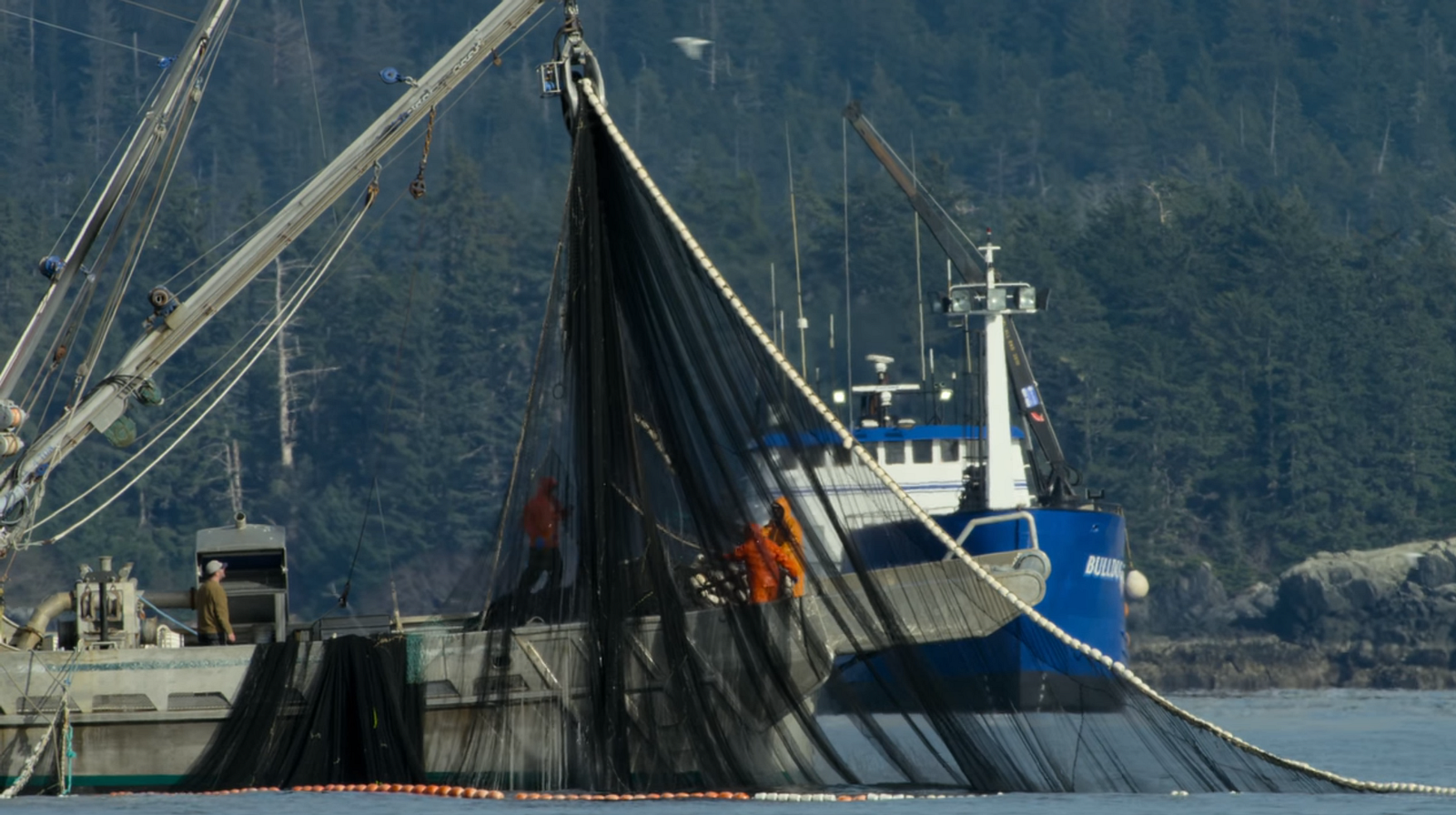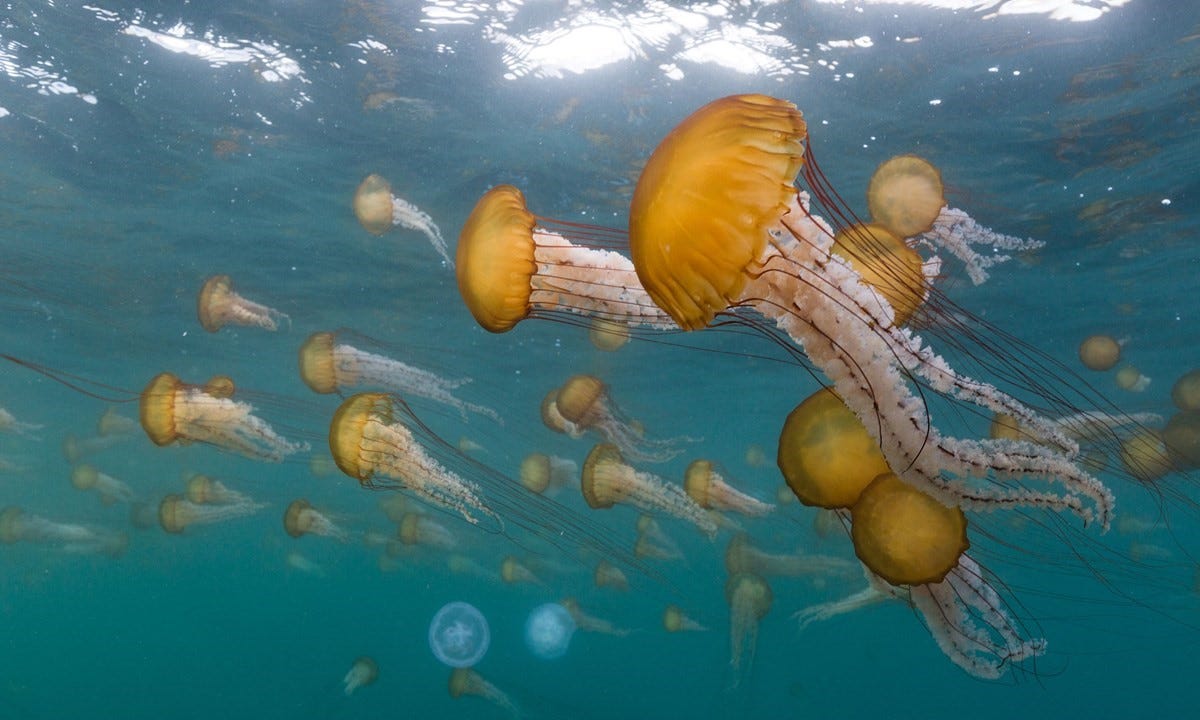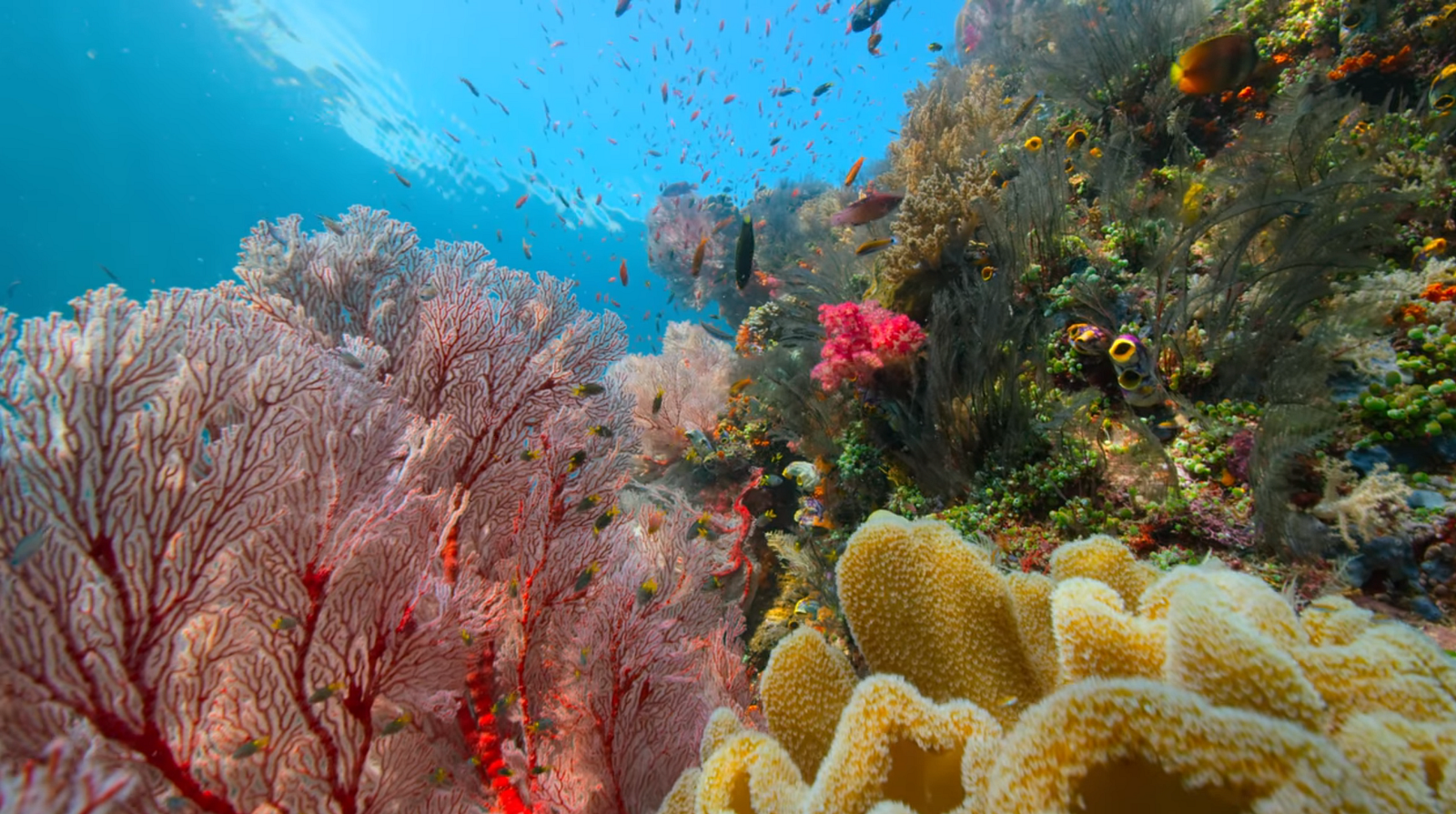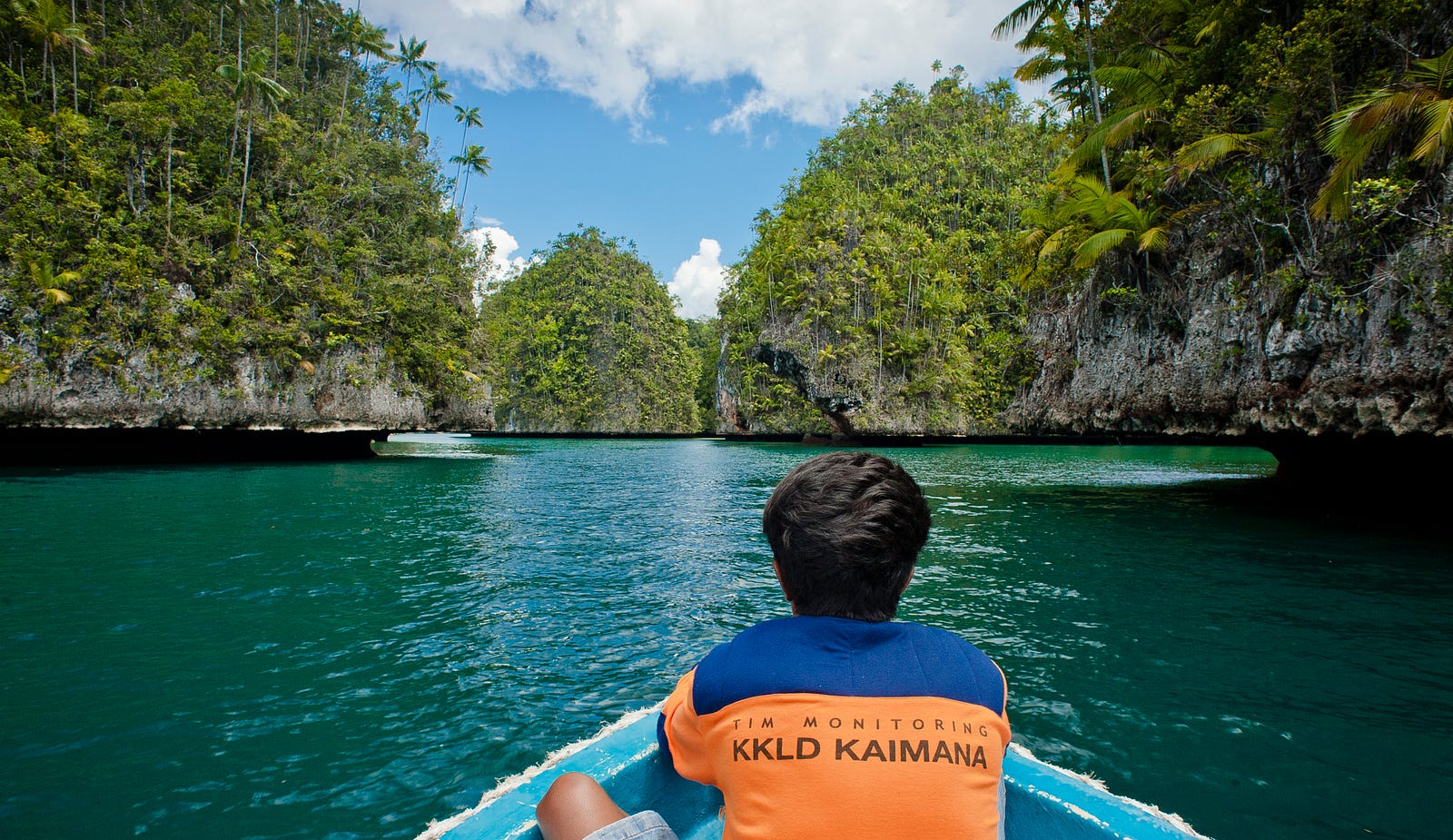We have far too few marine sanctuaries. And in many, commercial fishing is still allowed. We need to turn a third of all our coastal seas into property protected areas. If we do that, our planet’s fishing grounds will recover, and help sustain both humanity and the rest of the natural world.
David Attenborough, Our Planet Narrator
Hearing David Attenborough calmly but emphatically utter these words in Our Planet: Coastal Seas, the 4th episode in Netflix’s new nature docu-series, was divine music to Rare’s ears. Through Fish Forever, its flagship coastal fisheries program, Rare has sought to protect the very coastal seas, and those who depend on them, that the episode highlights. Since 2012, Fish Forever has partnered with fishing communities around the world to transform how they manage their coastal fisheries and solve the “relentless overfishing” challenge triggering the astounding wildlife losses that the series captures with remarkable clarity.

The coastal seas episode portrays in stark terms what happens when humans don’t protect our resources, and what can happen if we don’t start fishing sustainably: cue stunning imagery of bleached coral reefs and coastal seas devoid of all but jellyfish. In its final scene, it concludes by declaring that “the future does not have to be like this” — we can recover our fish stocks by creating more marine sanctuaries and more protection to let fish recover. The belief that we can correct the “serious imbalance in our shallow seas” is core to Fish Forever’s narrative. And in our story, we highlight humans’ role in both causing the imbalance and being the solution to re-balancing it.

“And when given the chance, [our coastal seas] can recover surprisingly quickly,” Attenborough hums. Based on three years’ worth of results (2014–2017) from 41 well-documented pilot sites across 260 communities of 35,000 fishers and 570,000 people in Indonesia, the Philippines, and Brazil, Fish Forever knows that restoring coastal fisheries is possible. The program’s community-based approach has demonstrated strong political, socioeconomic, and ecological outcomes for coastal fisheries, and showcased what can happen when communities have access, rights, and agency to steward their resources.
Rare has worked in Misool, Raja Ampat, Indonesia — the regional case study highlighted in the episode for its miraculous recovery of sharks and other large fish from years of unregulated fishing. “The seas around Misool were fully protected in 2007…and [it] is one of the few places on earth where biodiversity is actually increasing,” Attenborough says. Rare ran its signature “Pride Campaign” in Misool in from 2012–2014 with small-scale fishers. Rare’s campaigns use behavioral insights and social marketing to help fishing communities adopt more responsible behaviors related to coastal fishing. In the case of Misool, the campaign helped fishers change their behaviors from fishing inside Misool’s MPA (marine protected area) to respecting the rules and fishing only outside of it

It’s the formative point in the episode where Attenborough makes the connection between a healthy ecosystem and people’s ability to help fisheries recover. As he attests, fish and fishers benefit when a fishing community respects protected areas like Misool. “Fishermen working in nearby waters profit from the overspill. They now catch more fish for less effort.”
Our Planet prioritizes 50 minutes of an eight-part series, seen by millions around the world, to showcase the importance of protecting our coastal seas — and to remind us that the future does not need to be like this. Through Fish Forever, Rare is working toward a future in which both people and nature thrive — a future captured by the optimistic imagery of the film.Where fish stocks are recovering, mangroves are reappearing, coral reefs and seagrass meadows are flourishing, and those gorgeous shoals of anchovies (and the 5 million cormorants and boobies who depend on them) swim in abundance. And where the wildlife above sea level — the coastal fishers, fish buyers, and fishing communities most dependent on these resources — are the ones ultimately managing this turnaround.
